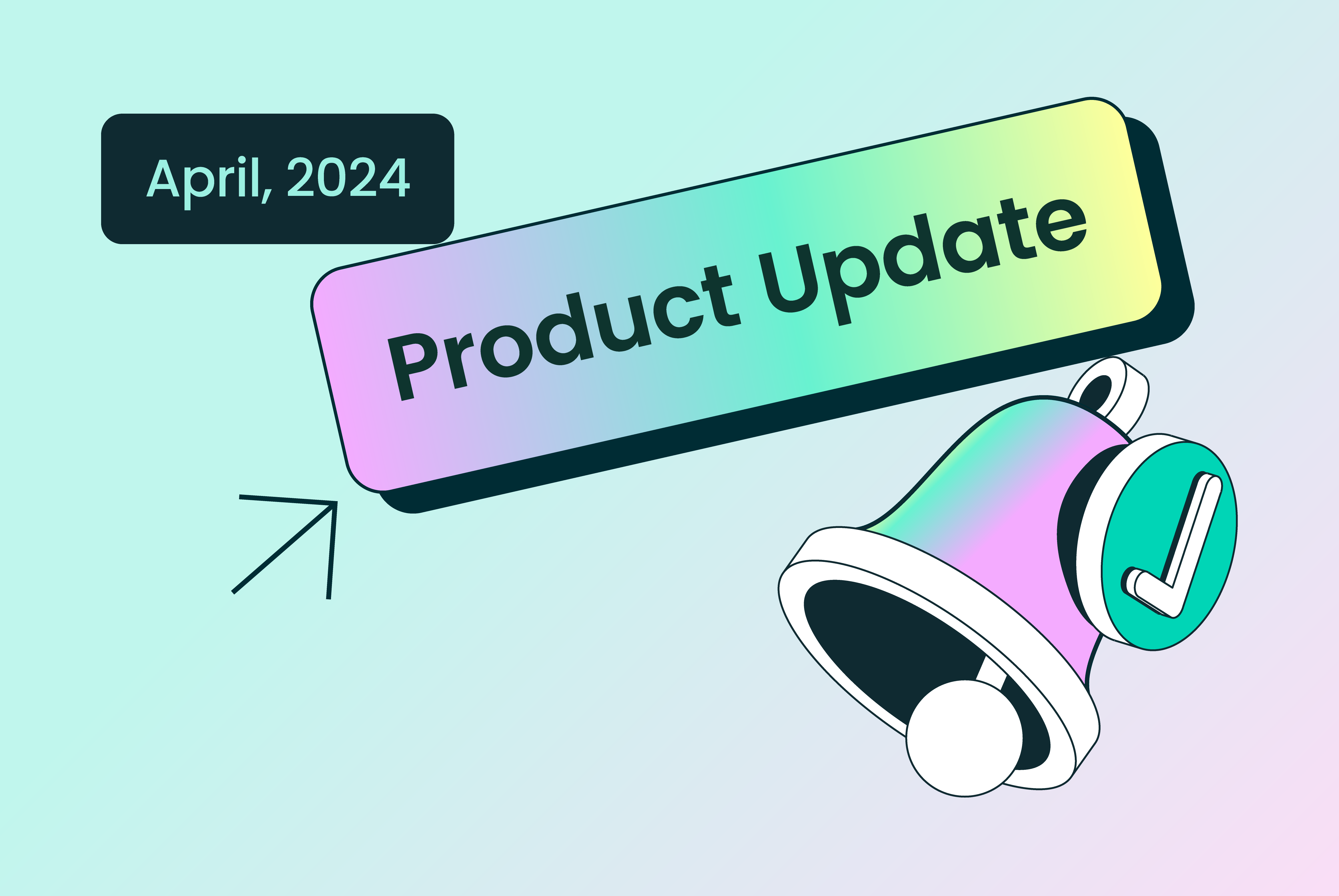The landscape of payment operations in Africa is changing rapidly. From finance professionals at medium to large-scale organisations, to business owners managing finances independently or with the help of an admin, everyone needs to evolve and upskill to get ready for this new future.
What is the current state of B2B payments in Africa?
Business-to-Business (B2B) payments in Africa differ from Business-to-Consumer (B2C) or Consumer-to-Consumer (C2C) payments. Due to their scale and complexity, B2B payments require more attention to detail, approval levels, and security checks.
Unfortunately, the slow pace of digitisation has resulted in teams relying heavily on manual work, which is time-consuming and costly for organisations. Waiting for cheques and invoices to clear can take up to six months, further hampering business.1
Businesses must acknowledge the crucial relationship between finance and business payments to be at the cutting edge of cash flow management.

What are the trends to look out for?
Three trends will shape the future of business payments in Africa:
- The rise of digital payments and automation
- Clients seeking a wider array of payment options
- The need for stronger security in payment systems
Why should you care?
It is now undeniable that digital is the way forward for B2B payments. The question, however, is which technologies and trends are most suitable for your business. Through our work with businesses and finance professionals across various sectors, we have identified several challenges related to B2B payments:
- Revenue loss due to payment issues
- Changing payment preferences and a lack of trust in available payment methods
- Inefficient expense management caused by poor visibility
- Overwhelmed finance teams dealing with manual payment handling
- Slow bulk payout rates due to network issues
What can you do as a business owner or finance professional?
To navigate this changing landscape effectively, consider the following steps:
1. Understand the Current Payments Landscape
Gain a comprehensive understanding of the current state of payments to develop a strategic approach that aligns with your financial plans.
- Evaluate existing payment methods: Assess the efficiency, security, and cost-effectiveness of your current procedures.
- Stay informed: Follow emerging technologies, regulations, and customer preferences.
- Analyse the market: Research competitors for insights into successful strategies.
2. Embrace Automation as an Ally
Rather than replacing accountants, new payment technologies will complement their work. The evolution of finance and the adoption of digital payment solutions bring increased efficiency and accuracy through automated policies.
How can finance professionals benefit from this?
- Continued Relevance: Today, being a chartered accountant is no longer enough. Adopting technology will help you remain relevant in your careers and organisations.
- As a central stakeholder in digital transformation: As organisations continue to pivot to more digital ways of handling payments, finance professionals who embrace technology will be sought after to proffer solutions and insights.
It is also important to diversify your expertise and keep up-to-date with trends so you can remain competitive.
3. Invest in Technology
By investing in business payments technology, you can unlock numerous benefits such as:
- Increased Efficiency: This can streamline processes, save time, and reduce errors by up to 40%.
- Enhanced Accuracy: Automated solutions can help minimise mistakes, and maintain solid relationships.
- Cost Savings: Digitisation eliminates expenses associated with paper-based transactions.
- Improved Cash Flow Management: Real-time visibility enables informed decisions.
- Seamless Integration: Most solutions integrate smoothly with existing systems, minimising disruption.
- Enhanced Security: Robust measures protect sensitive financial data, building trust.

4. Partner for Success
As you prepare for the future of business payments in africa and globally, be sure to make the most of professional networks. Here are some pointers that could help:
- Collaborate with industry colleagues: Partner with professionals in your field to share insights and experiences.
- Utilise community platforms: Leverage forums and networking events to connect and access valuable resources. The Evolving CFOs Community is a platform for leading finance professionals in Nigeria.
- Share your learnings: You can also build thought leadership as you skill up and enhance your knowledge of the latest payment technologies.
By arming yourself with the correct information and implementing a strategic approach, you can position your business for growth as B2B payments in Africa continue to evolve.
Learn how Duplo helps businesses and finance professionals with innovative solutions that enable them to embrace the future of B2B payments in Africa.
More resources: Key things to consider before automating payments
References:
1Exploring The State of B2B Payments in Africa Report 2023 (Pg. 30)




